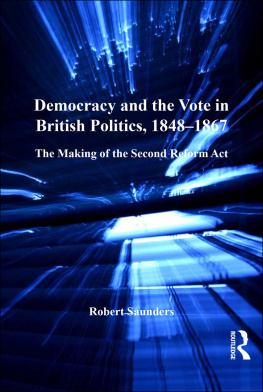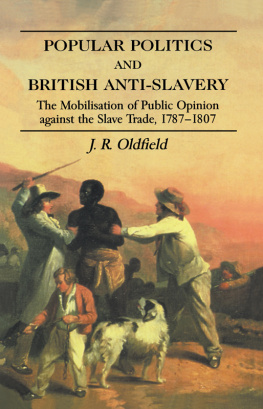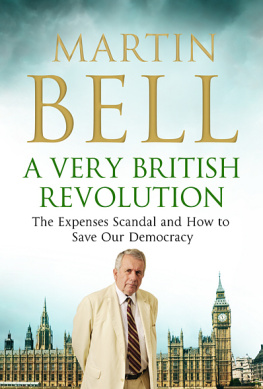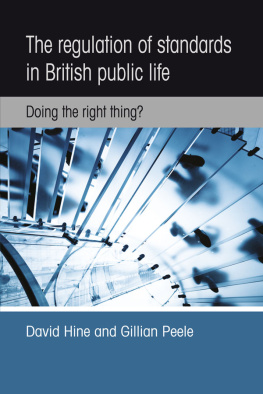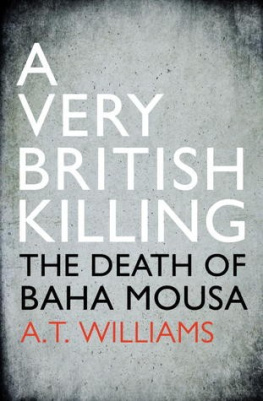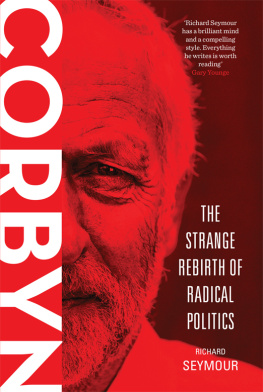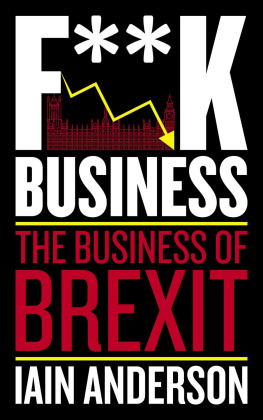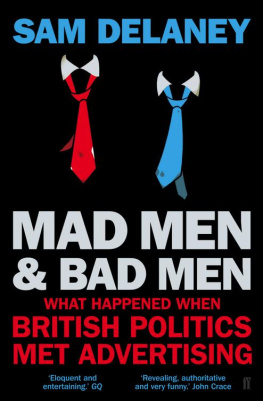About the Author
Martin Williams is an investigative journalist. His work has appeared in Private Eye , the Guardian , the Observer , the Independent , and elsewhere. He hosts a live comedy show called 'Investigations', with the comedian Josie Long, which combines investigative journalism with stand-up comedy. In 2011 Martin won the Guardian 's Scott Trust bursary and studied for an MA in Newspaper Journalism at City University. Before that, he read History and Politics at the University of York. He is originally from south Wales.
Parliament Ltd
A journey to the dark heart of British politics
Martin Williams

www.hodder.co.uk
First published in Great Britain in 2016 by Hodder & Stoughton
An Hachette UK company
Copyright Martin Williams 2016
The right of Martin Williams to be identified as the Author of the
Work has been asserted by him in accordance with
the Copyright, Designs and Patents Act 1988.
All rights reserved. No part of this publication may be reproduced,
stored in a retrieval system, or transmitted, in any form or by any
means without the prior written permission of the publisher, nor be
otherwise circulated in any form of binding or cover other than that
in which it is published and without a similar condition being
imposed on the subsequent purchaser.
A CIP catalogue record for this title is available from the British Library
ISBN 978 1 473 63388 9
Hodder & Stoughton Ltd
50 Victoria Embankment
London
EC2Y 0DZ
www.hodder.co.uk
The problem with Westminster has been that its filled with people who have got self-interest. And thats apparent even now, I can see that. People, quite often, they convince themselves that what they think is best and that theyre being very principled. But deep down, when you scratch beneath the surface, its not. Its pure selfishness.
Mhairi Black MP, 2015
My view on politicians is fairly well known. I stay away from them, as a rule, cos I dont really like them... But theyre a little bit like your own farts, cos every now and then you need to smell it just to confirm.
Mark Thomas, 2002
Contents
A quick note
As you would expect, the details of politicians financial affairs are continually changing. They get new jobs, make fresh expenses claims, and so on.
This book aims to give a snapshot of the finances of Britains top politicians. While every effort has been made to ensure its as up-to-date as possible, its inevitable that some of the details will change over time. However, the most important arguments made here are about the bigger picture; about MPs relationship with money and the effect this has on politics.
Endnotes are included to timestamp many of the specific points made, as well as providing further detail, explanation, calculations and sources. For instance, an MP might update their official declarations on the Register of Interests at any time. So if a financial interest is described as undeclared, this is accurate at the date mentioned in the endnotes and does not suggest it is necessarily still undeclared. The same goes for all allegations about individuals and companies please refer to the timestamps in the endnotes.
There is also no suggestion that any individuals or companies named in these pages have broken any laws, rules or acted improperly, unless it has been specifically and clearly stated though this does not infringe on the right to fair comment.
Preface
Commissioner for Standards,
House of Commons,
London, SW1A 0AA
To whom it may concern,
Please find attached a list of politicians who appear to have broken parliamentary rules over their financial interests. For each politician, I have set out clearly the allegations against them.
I am requesting that you launch an inquiry against each of these individuals. I am also sending a copy of this letter to the Standards Commissioner in the House of Lords.
For the last six months I have been investigating MPs private finances. During this time, I have seen just how corrupt Parliament has become. Greed is endemic. If you want to understand why British politics isnt working, it seems the first place to look is in the bank accounts of our politicians.
Yet this is an issue which authorities have turned their backs on. Rules and regulations are lax, and transparency is laughable. The whole thing is shrouded in secrecy. Because of this, it is easy for politicians to milk the system and get away with it.
I regret, too, that your office in charge of policing MPs behaviour has refused to be interviewed by me.
Much has been written about the publics disillusionment with politics. We constantly hear that people do not trust politicians any longer. And MPs are widely perceived as greedy and privileged. But it appears this problem cannot be blamed on the public for being cynical or apathetic. Nor can it be blamed on the press for treating politicians unfairly. In fact, the problem lies with politicians themselves.
This issue has been allowed to fester for too long. The MPs whose names I have attached all appear to have misled Parliament and the public by failing to declare crucial conflicts of interest. Some have promoted private companies without revealing that they are being paid by those same companies. But no one has noticed and they have been allowed to carry on as if it didnt matter.
Its not just conflicts of interest and the promotion of big business; Parliament is too often treated like a business itself, where politicians can make money and live an elite lifestyle.
I will tell the full story of my investigation in a book that I am writing, which will be published shortly. It will explain how this letter came about, and how democracy has been tainted by quiet financial dealings.
In the meantime, launching an inquiry into these allegations would be a great start towards cleaning up politics.
Yours sincerely,
Martin Williams,
May 2016
Introduction
Thursday, 7 April 2016
The news broke at the end of David Camerons worst week as prime minister. After days of mounting pressure, he was finally forced to admit the truth: he had personally profited from an offshore fund, set up in a tax haven by his father. For years, Cameron had kept this fact hidden from the public. He only came clean after a huge leak of secret documents known as the Panama Papers which revealed that the offshore fund had never paid any taxes. Ever. But now, in the glare of TV cameras, his private finances were finally laid bare for all to see.
Cameron had not done anything illegal, and officials denied that hed even broken parliamentary rules. But the news tapped into a broader perception of MPs. To many, it seemed to compound the idea that politicians are a self-interested elite who keep the public in the dark about where their money comes from. Plus, there was a question of bias. How might Camerons offshore money have influenced his political decisions? Why hadnt he made this public before?
The sense created by the Panama Papers, and the subsequent row about the prime ministers family and tax, is that power and wealth have, once again, quietly settled into a very snug fit, the Guardian wrote. The suspicion here is not corruption, but the veiled pursuit of the interests.
Scandals blow over. Sometimes heads roll, but then we get back to the dirty business of politics as usual. But the scandal over David Camerons tax affairs merely scrapes the surface of a much bigger issue about MPs private finances. Its an issue that transcends party divisions and goes right to the heart of our system of government. The problem is not just about one mans tax bill its about how money distorts democracy.
Next page


